The consequences of poverty affect everyone
Employers and co-workers are affected when workers lack reliable transportation to their jobs, resulting in absenteeism and lost productivity, which in turn lowers earnings and impedes wage increases.
Teachers, school administrators and students in classrooms are affected by the time and resources that must be devoted to assisting children living in poverty.
Law enforcement, court officials and crime victims are affected because of the higher incidence of property crimes found in poor neighborhoods.
Merchants and lenders are affected by lost business when potential customers lack money to spend or invest.
Church-goers and church staffs are affected because they donate time and resources to projects that assist the poor.
Social workers are affected because their caseloads would be more manageable if the number of people living in poverty were reduced.
Hospitals, medical providers and their patients are affected by the costs of indigent care, which in turn lead to higher patient fees to make up for the loss.
State and local governments and their citizens are affected two-fold: 1. By the resources devoted to anti-poverty programs that might be spent otherwise for roads, recreation, economic development and other functions of government; and 2. By lower revenue from sales and property taxes resulting from the lost purchasing power of those in poverty, which in turn leads to tax rates that are higher than they might be otherwise.
On A national scale
A 2007 study by the Institute for Research on Poverty at the University of Wisconsin-Madison estimated that child poverty alone costs the U.S. economy about $500 billion per year in lost productivity, lost economic activity, increases health-care costs and higher criminal-justice expenditures. (1)
A study that same year by the Government Accountability Office concluded that conditions associated with poverty limit individuals' ability to remain healthy and develop skills, in turn decreasing the potential to contribute talents, ideas, and even labor to the economy. When poverty affects a significant portion of the population, these effects extend to the society at large and produce slower rates of growth in the economy as a whole. (2)
(1) Holzer, Schanzenburg, Duncan & Ludwig, The Economic Costs of Poverty in the United States: Subsequent Effects of Children Growing Up in Poverty. Institute for Research on Poverty, University of Wisconsin-Madison, April 2007.
(2) Poverty in America: Consequences for Individuals and the Economy. GAO-07-343T, Jan. 24, 2007.
